In one of her first interviews since taking up the post last year, the chief constable of Police Scotland, Jo Farrell, says the force is “overwhelmed” by the demands made on officers due to failing mental health services.
She says that she wants to see stretched police resources focused on tackling crime, rather than welfare-check callouts for people with mental health problems.
She said: “We are babysitting people who are not criminals, they don’t meet the threshold to be sectioned under the Mental Health Act but we feel the need to wrap around them because there’s nobody else”.
But just how big a burden is the mental health crisis on police officers’ time?
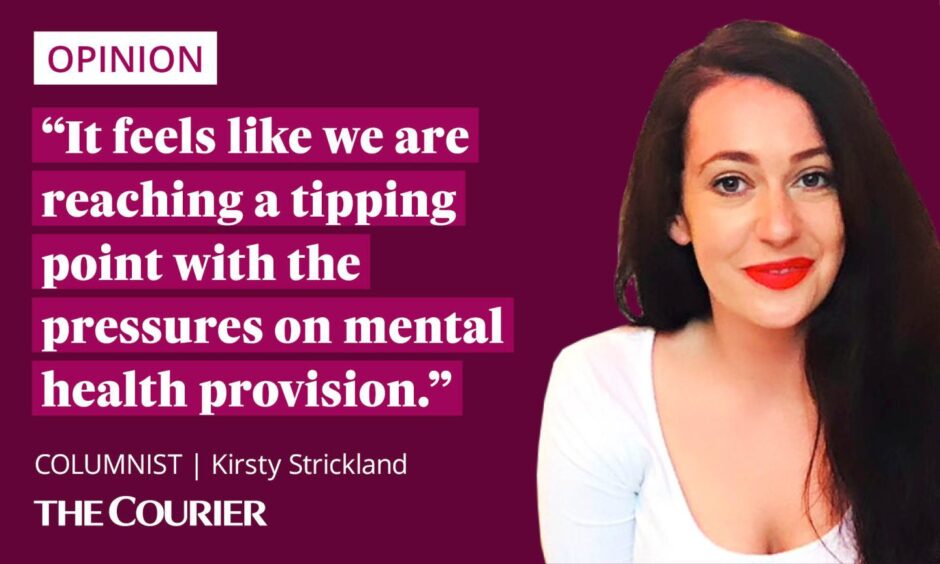 Police Scotland say they respond to over 100,000 mental health incidents every year, only 13% of which actually involve a crime. At busy times, this can mean a call related to mental health comes in every three minutes.
Police Scotland say they respond to over 100,000 mental health incidents every year, only 13% of which actually involve a crime. At busy times, this can mean a call related to mental health comes in every three minutes.
The chief constable says the force’s involvement in mental health incidents and supporting vulnerable people “has a significant impact on this organisation and is way beyond where policing should be”.
There is clearly a delicate balance to be struck here.
Pressures on police resources mean their main priority should always be the prevention and investigation of serious crime.
Nowhere else to go
But, as the chief constable herself says, the rise in non-crime mental health related callouts isn’t because people are making spurious calls to the police or trying to waste their time, it’s because there is simply nowhere else for them to go.
A lack of sustainable funding for mental health services mean people who desperately need support can spend years languishing on a waiting list.
If you are acutely worried about the mental state of a loved one and there are no specialist services available to intervene, you are going to reach out for help wherever you can get it.
Similarly, people who call the police for help in times of emotional distress will often have exhausted all their other options, or become so worn down by the lack of support they have received that their condition is worsened as a result.
Some of those people are vulnerable and meet the threshold for being the group in need of ongoing, specialist support.
Police officers can’t be expected to plug the gaps that should be filled by the NHS and specialist services.
And government can’t afford to ignore the impacts of mental ill health on individuals, their families and wider public services.
People who are struggling are often urged to seek help and to talk about their mental health. The NHS and mental health charities have done a great job in recent years of de-stigmatising mental health issues.
But what’s the use in asking for help if it can only be found at the bottom of an extraordinarily long waiting list?
And how utterly demoralising must that be, to pluck up the courage to speak about the problems you are facing, perhaps for the first time in your life, only to find there is no specialist service available to listen?
I have friends who have been in this position. They did everything we’re told you should do when you are suffering the effects of mental ill-health. They called helplines. They went to their GP and made contact with their local specialist services.
Then they waited. And waited. They are still waiting.
It feels like we are reaching a tipping point with the pressures on mental health provision.
The bottleneck created by the pandemic has been worsened by the economic crisis and the impact that has had on people worried about how they are going to make ends meet.
The timing of the chief constable’s remarkably frank media interview was interesting. It came just as John Swinney began his first full week as our new first minister. Her message was clear: my officers can’t continue to carry out the routine work of other agencies.
It looks like John Swinney will have to add fixing the crisis in our mental health services to his ever-growing to-do list.
The recent good weather has happily coincided with a string of good fortune for my family.
A few weeks ago I signed with a top literary agent who will represent my first foray into fiction writing. I’ve always dreamed of being a published author and this is one important step along that path.
After spending so much time writing about real-world events that have real-life consequences, it’s quite therapeutic to delve into the land of make-believe.
Then, the most happy thing of all. At the weekend, as the skies above Scotland danced the technicolour wonderland of the aurora borealis, my beautiful new baby nephew was born.
They do say that good luck comes in threes, so I’ll definitely be putting a lottery ticket on this week.
Samaritans provides free anonymous and confidential emotional support for people experiencing crisis and distress, 24 hours a day, 365 days a year.
You can contact Samaritans by phone on 116 123, by email jo@samaritans.org or visit www.samaritans.org/scotland/samaritans-in-scotland/.
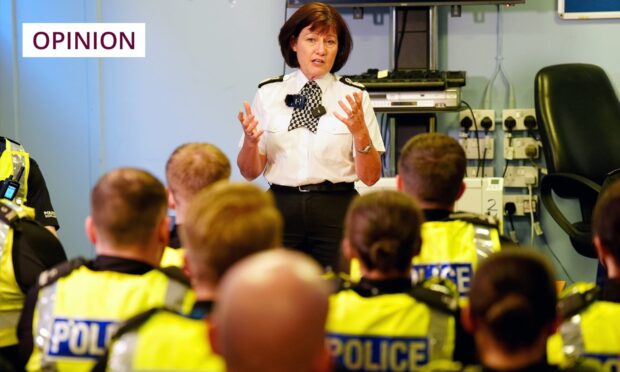
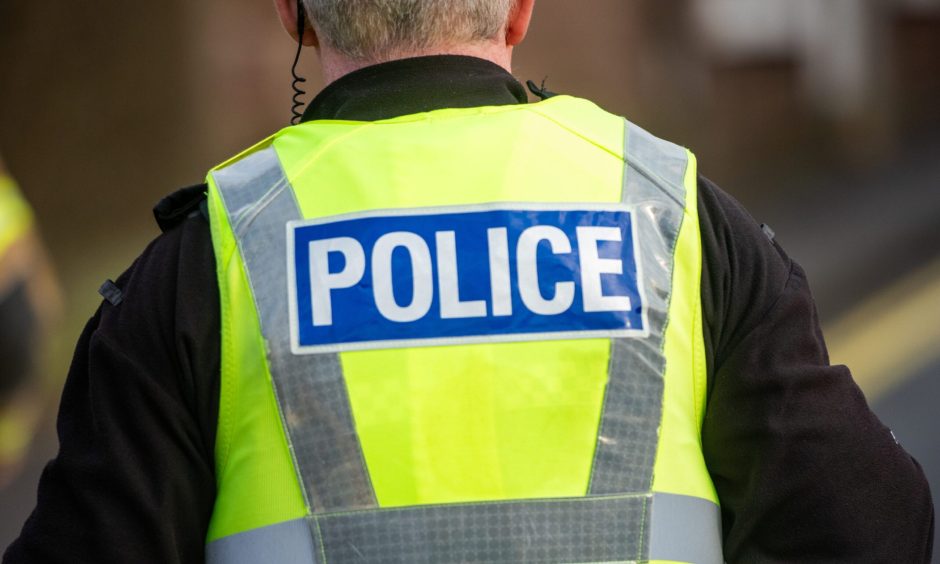
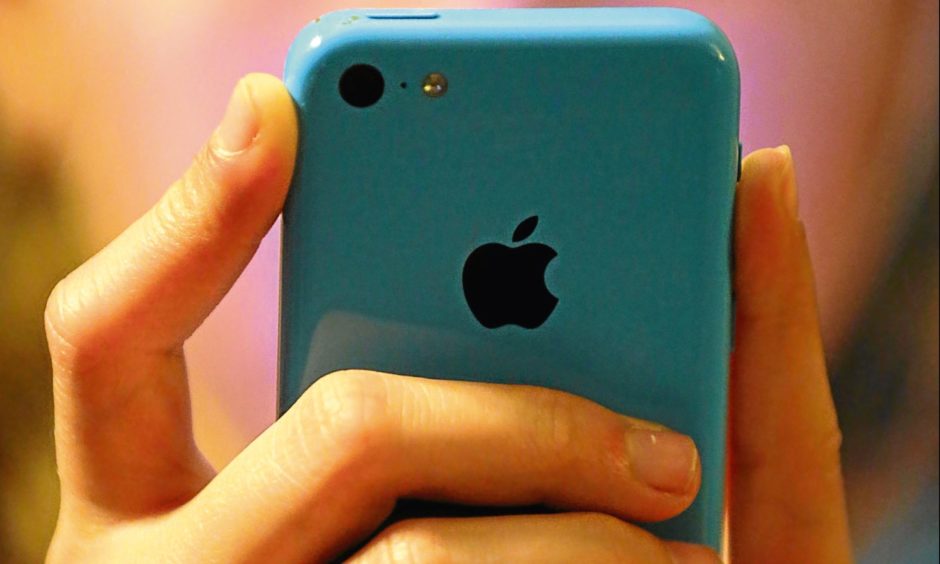
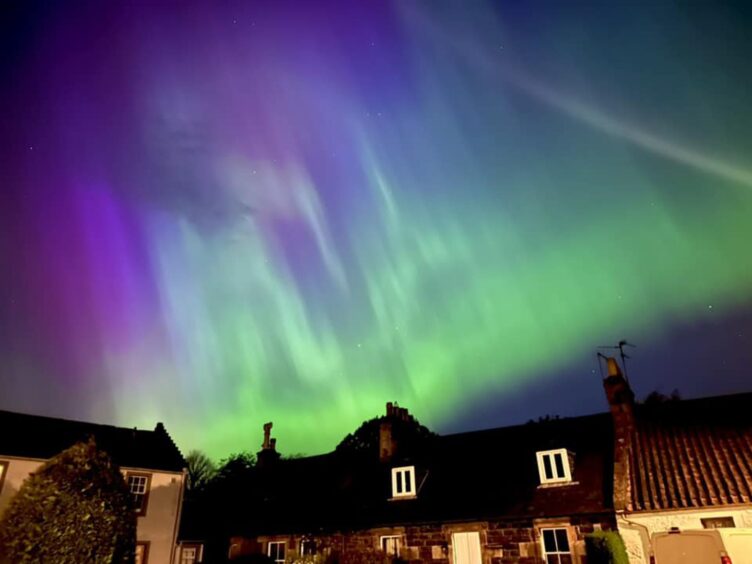
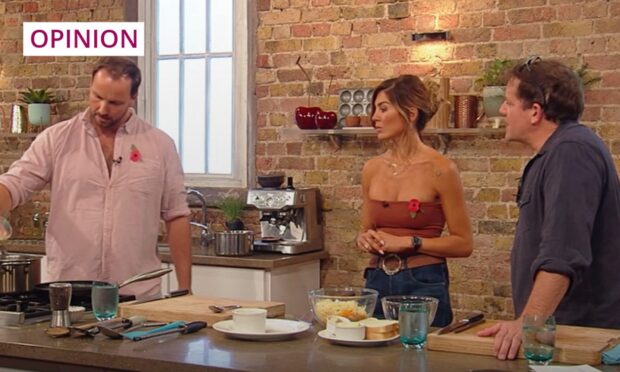

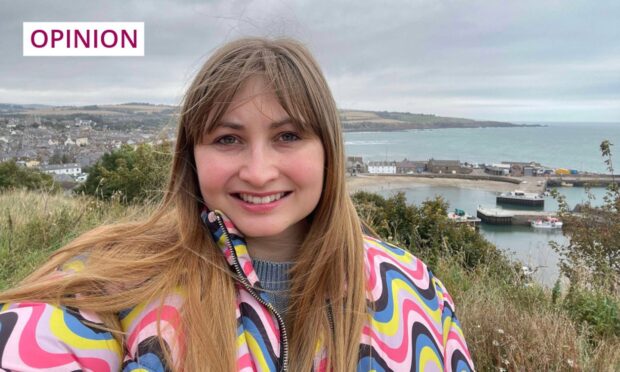

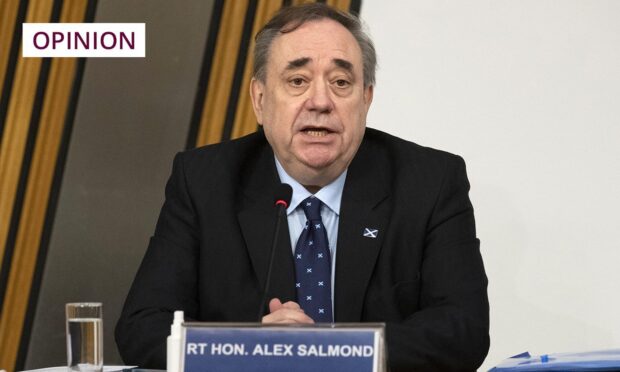
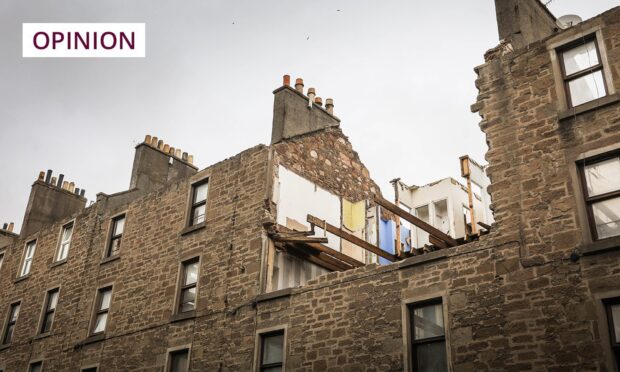
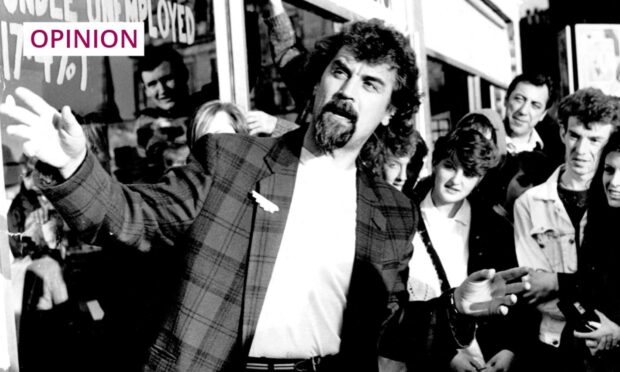
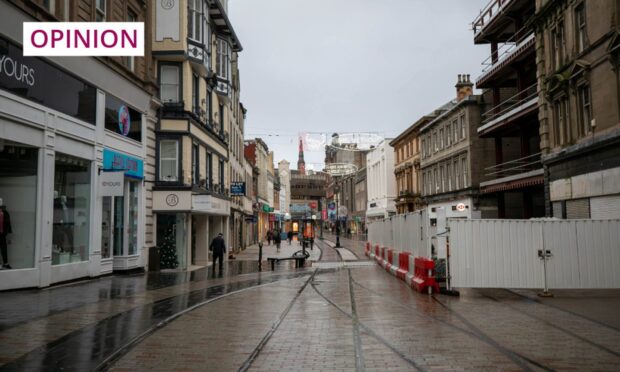
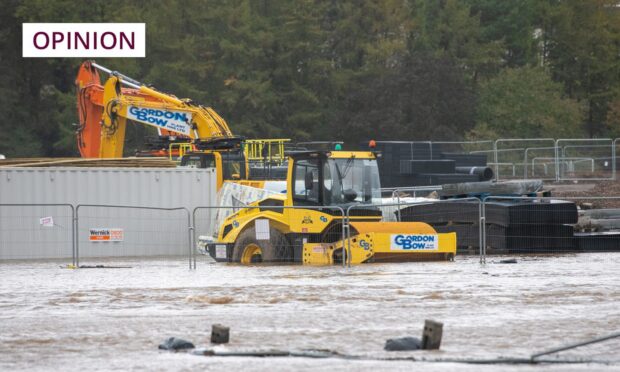
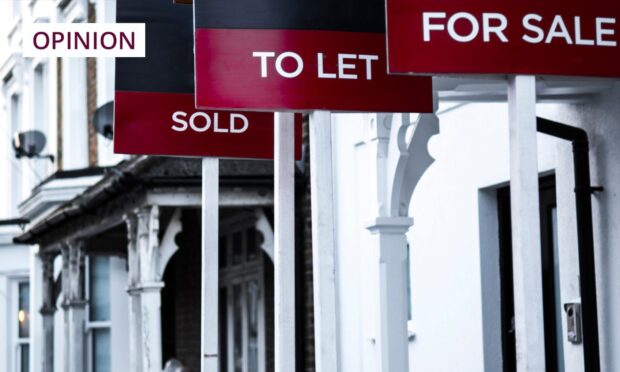
Conversation